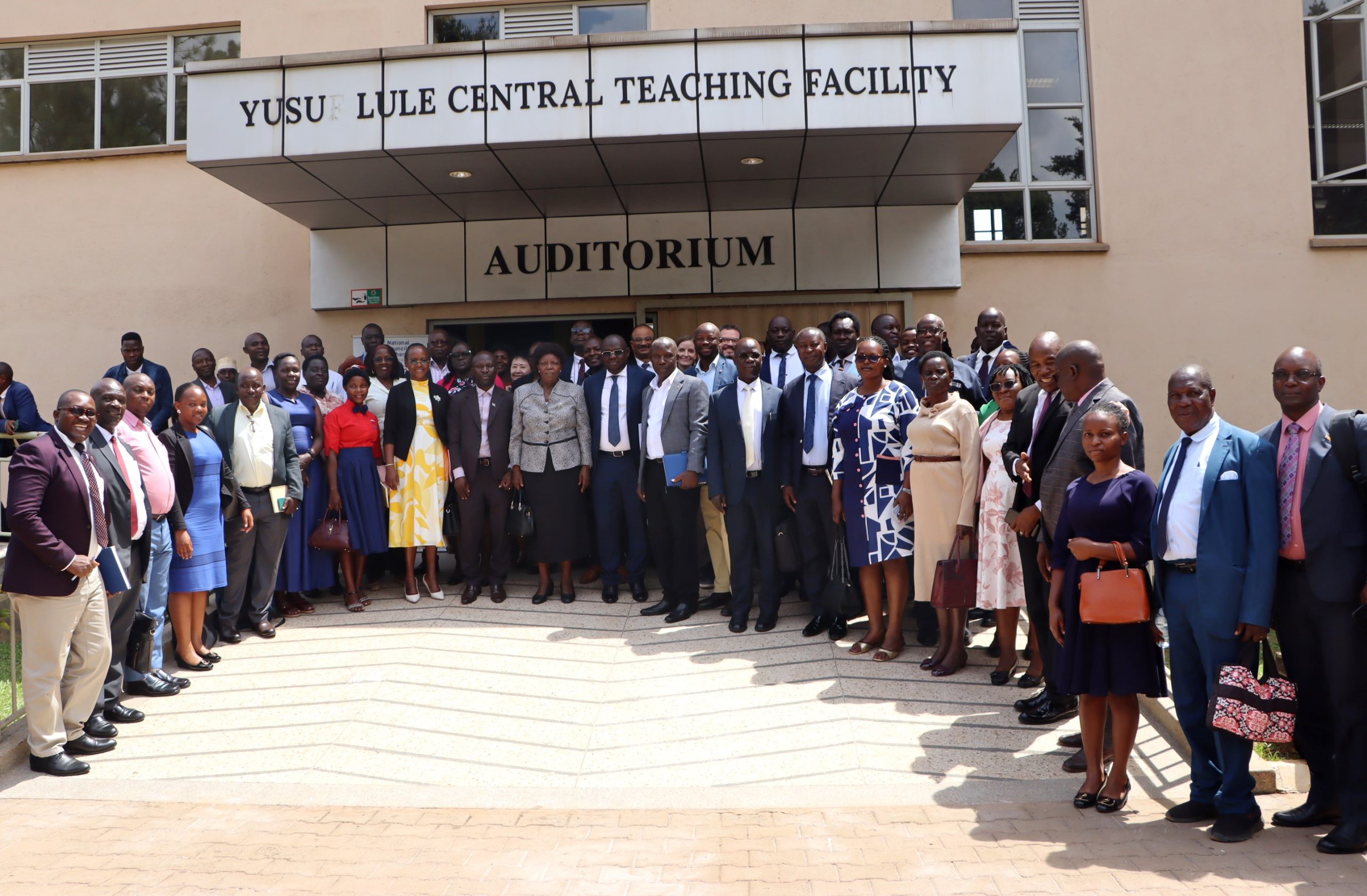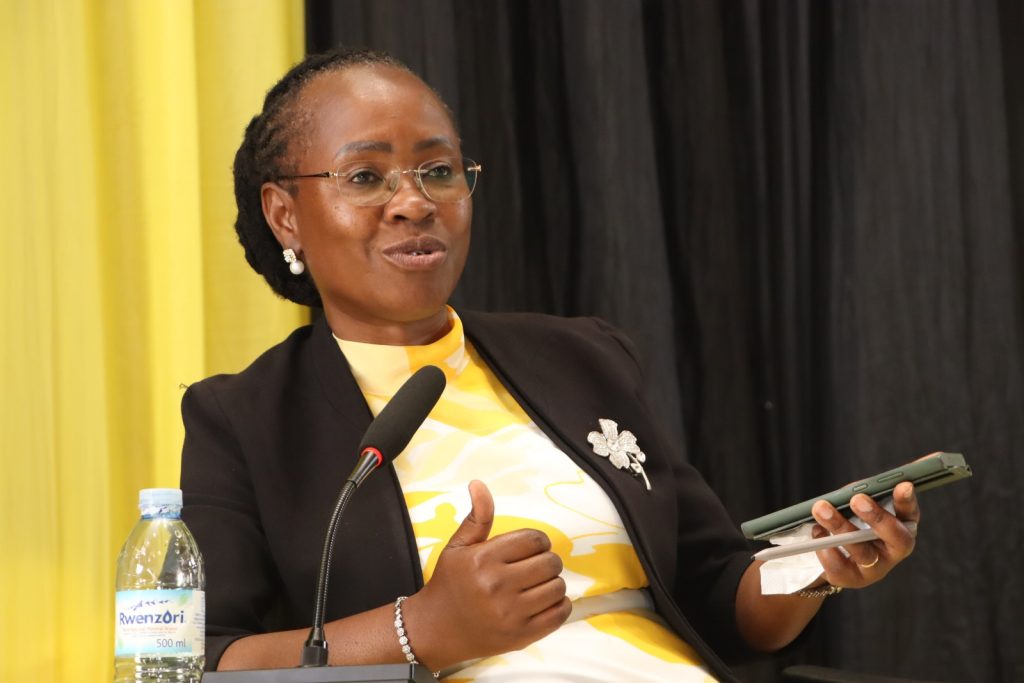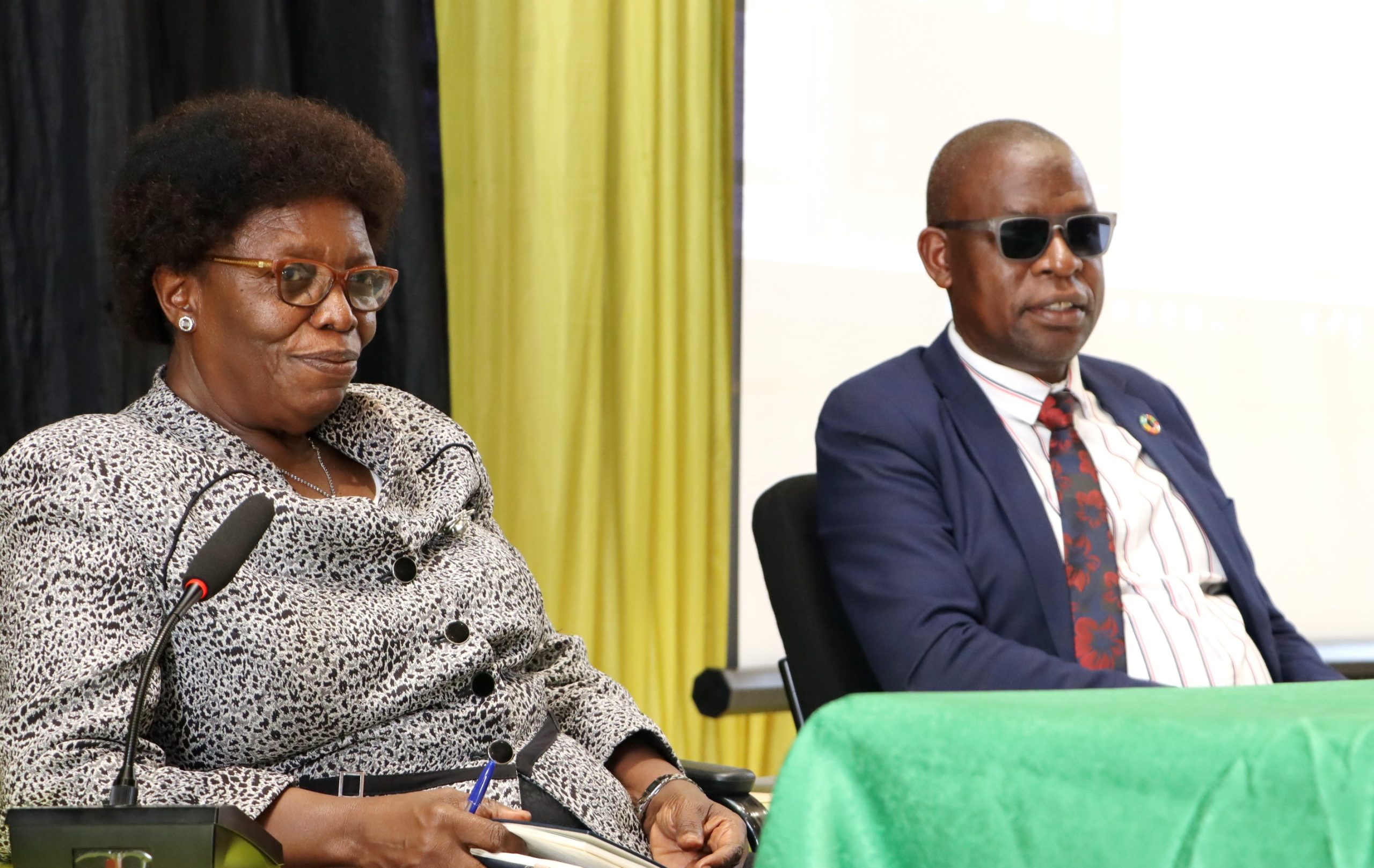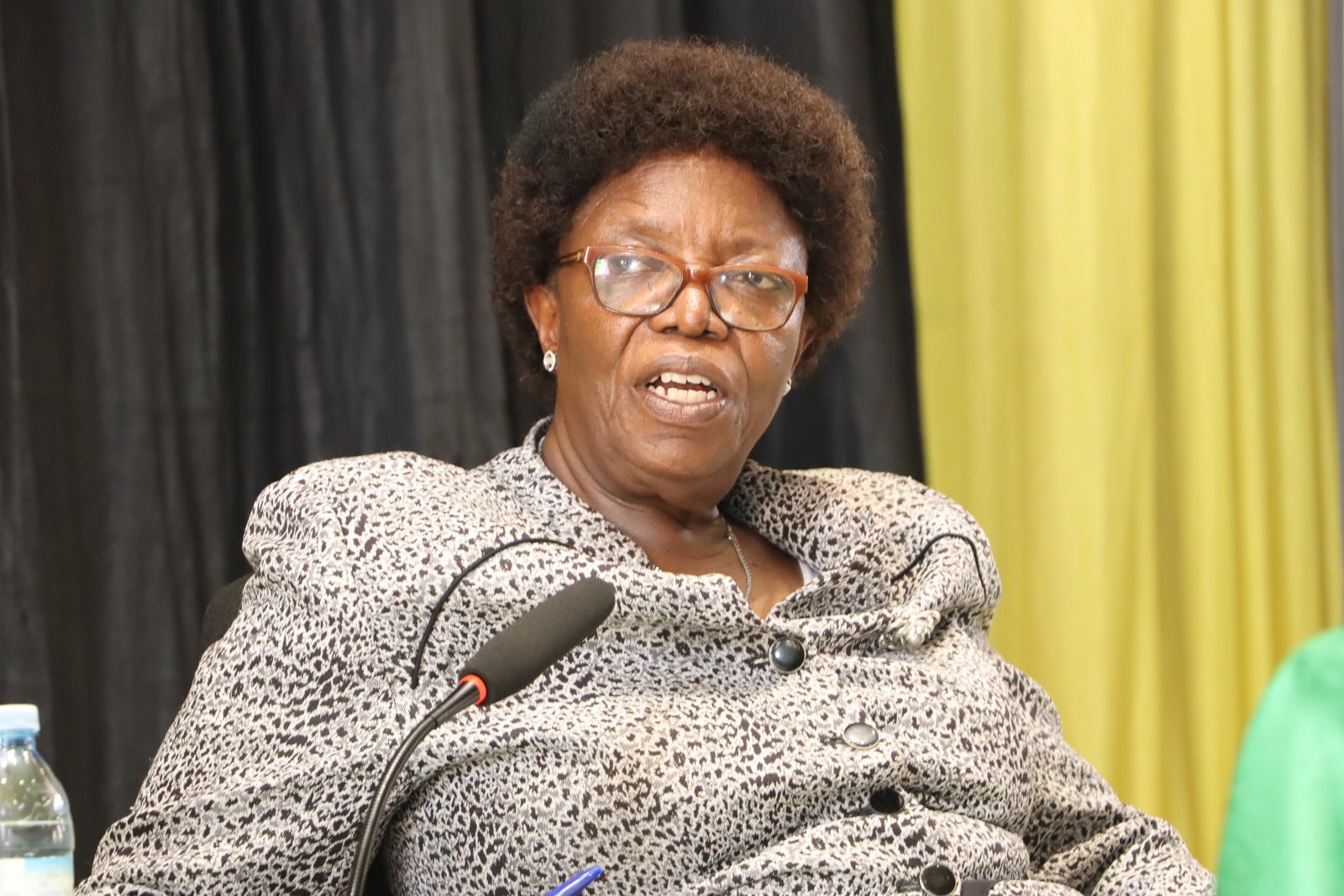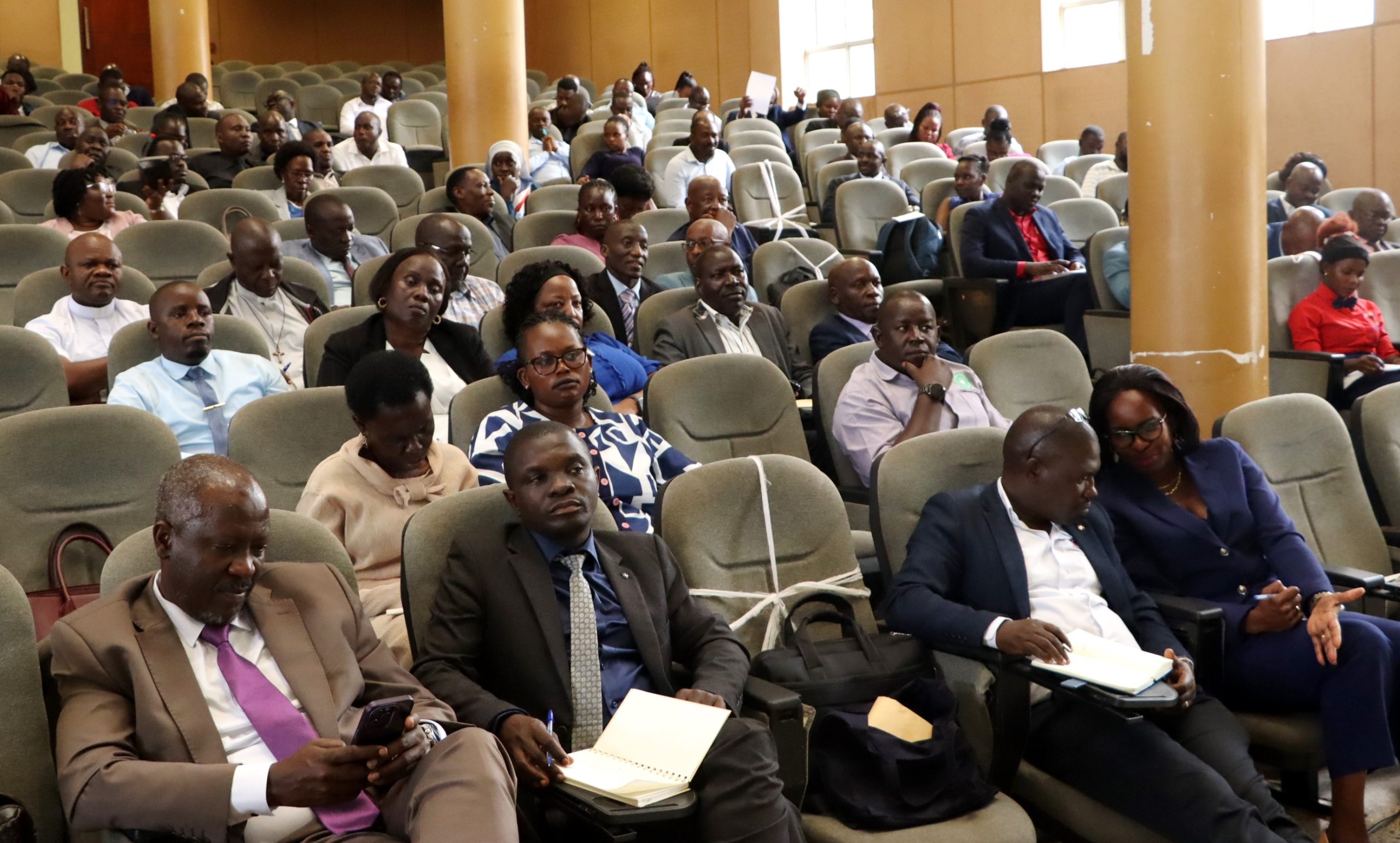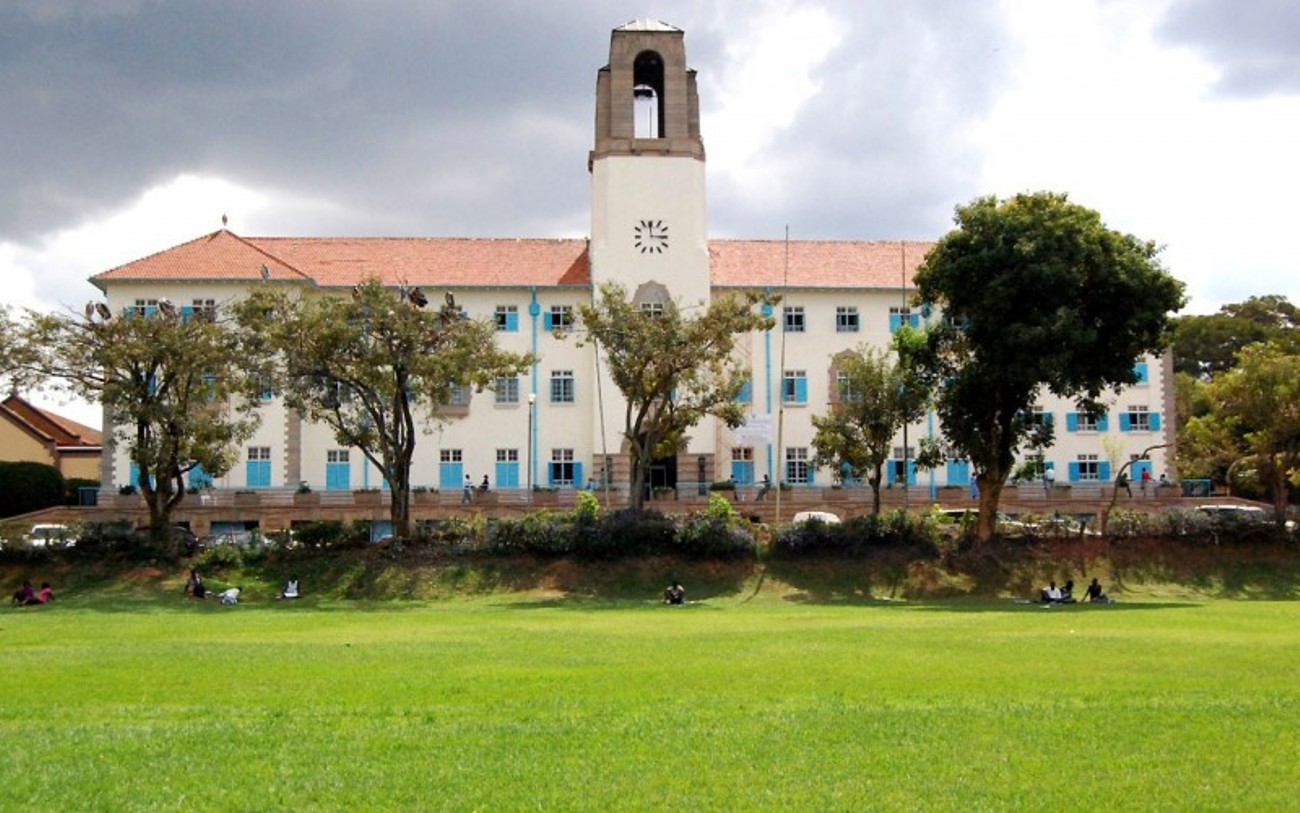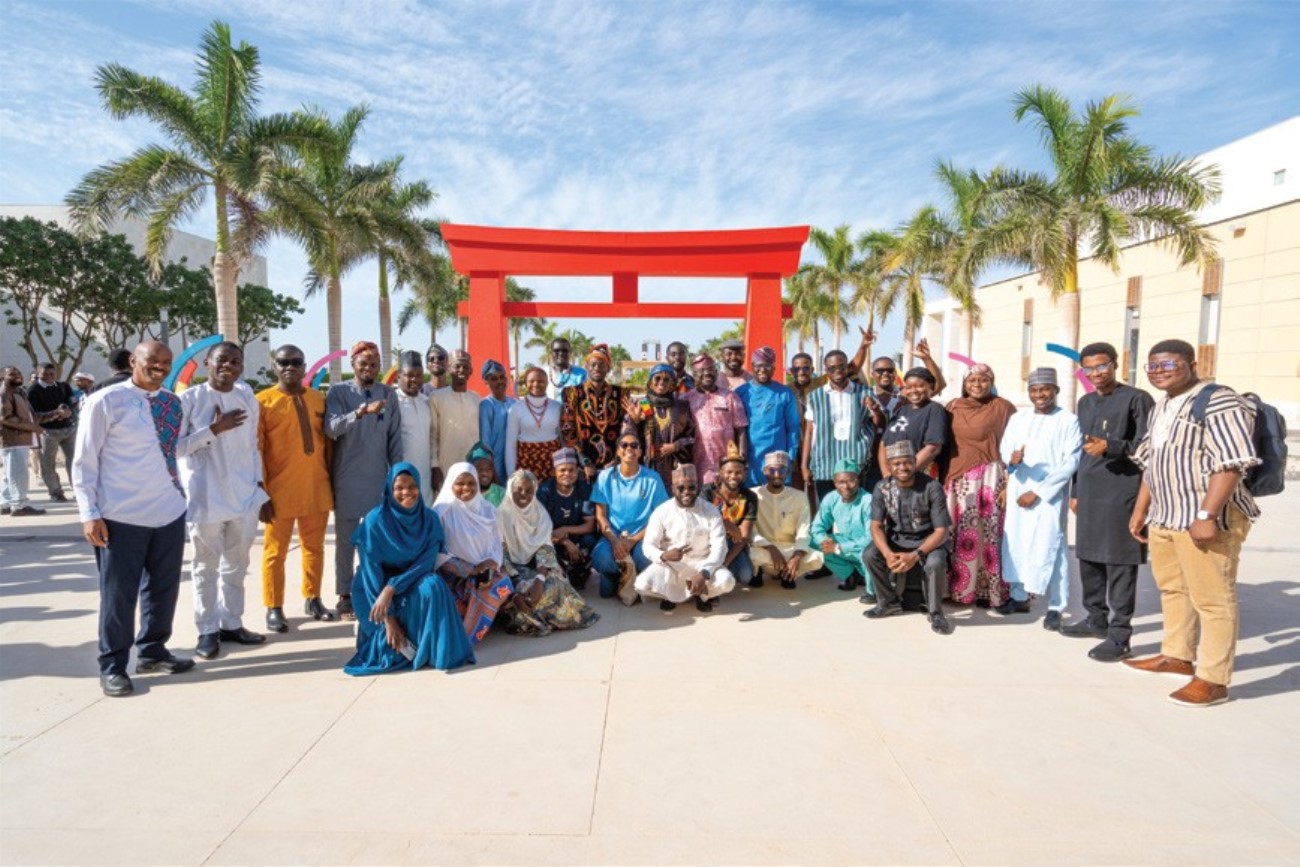The Academic Registrar, Makerere University invites applications for admission to Graduate Programmes (Postgraduate Diplomas, Masters and Doctoral Degree Programmes) for the 2018/2019 Academic Year. Applicants should have obtained at least a first degree (or its equivalent) from a recognized and chartered university/institution at the time of completion. Applicants should also possess a Ugandan Certificate of
Education with at least five passes (or its equivalent) and a Uganda Advanced Certificate of Education (UACE) with at least two principal passes and one subsidiary pass obtained at the same sitting (or its equivalent).
Sponsorship:
All Graduate Programmes are PRIVATELY-SPONSORED. Therefore applicants seeking sponsorship should have their applications endorsed by their respective sponsors where applicable. Applicants should note that the various fees payable to the University indicated for the various programmes EXCLUDE functional fees, accommodation, books, research and other expenses.
College of Agricultural and Environmental Sciences
- PGD Environmental Impact Assessment
- MSc. in Agricultural Extension Education
- MSc. in Crop Science
- MSc. in Animal Science
- MSc. in Agricultural Engineering
- MSc. in Soil Science
- Master of Agribusiness Management
- MSc. in Integrated Watershed Management
- MSc. in Food Science & Technology
- MSc. in Plant Breeding and Seed Systems
- MSc. in Applied Human Nutrition
- Master of Science in Forestry and Biodiversity Management
- Master of Science in Disaster Risk Management
- Master of Land Use and Regional Development Planning
- Master of Science in Agroforestry and Community Development
- Master of Geographical Sciences
- Master of Science in Environment and Natural Resources Management
College Of Humanities And Social Sciences
- PGD in Gender and Local Economic Development
- PGD in Social Justice (Nsamizi)
- PGD (Guidance and Counselling)
- M.A. in Human Rights
- M.A.in Philosophy
- M. of Philosophy in Applied Ethics
- M.A. in Journalism and Communication
- M.A. in History
- M.A. in Music
- M.A.in Literature
- M.A. in Religious Studies
- M.A. in Peace and Conflict Studies
- M.A. in Religious and Theological Studies (Ggaba & Kinyamasika)
- M.A. in African Languages
- M.A. in Linguistics
- M.A. in Gender Studies
- M.A. in Public Administration & Management
- M.A in Social Sector Planning & Management
- M.A. in Sociology
- M.A. in International Relations & Diplomatic Studies
- M.A. in Rural Development
- M.Ed. in Educational Psychology
- Master of Organizational Psychology
- M.A. in Counselling
- MSc. in Clinical Psychology
College Of Computing And Information Sciences
- PGD in Information Technology
- PGD in Computer Science
- PGD in Data Communication and Software Engineering
- PGD in Information Systems
- MSc. in Computer Science
- Master of Information Technology
- MSc. in Data Communication and Software Engineering
- MSc. in Information Systems
- MSc. in Information Science
- MSc. in Records and Archives Management
College of Business and Management Sciences
- PGD in Demography (Evening)
- PGD in Statistics(Evening)
- M.A. in Economic Policy and Planning(Evening)
- M.A. in Economic Policy Management (Day &Evening)
- M.A in Economics(Day)
- Master of Business Administration (Evening)
- Master of Statistics(Evening)
- Master of Science in Population and Reproductive Health
- MSc. in Quantitative Economics (Evening)
- Master in Financial Services (Uganda Institute of Banking and Financial Services) (Evening)
- Master in Public Infrastructure Management (Block week Modular)
College of Education And External Studies
- PGD in Education
- PGD in Medical Education (Mulago Health Tutors College)
- M.Ed. in Curriculum Studies
- Master of Adult and Community Education
- Master of Instructional Design and Technology
- Master of Education, Options:
a) Educational Management,
b) Foundations of Education,
c) Educational Policy and Planning
d) Early Childhood Education and Development,
e) Language and Literature Education,
f) Social Science and Humanities Education,
g) Science Education
School of Law
Master of Laws
College Of Health Sciences
- M. Med: Internal Medicine
- M.Med: Family Medicine
- M.Med: Microbiology
- M.Med: Ophthalmology
- M.Med: Paediatrics and Child Health
- M.Med: Pathology
- M.Med: Psychiatry
- M.Med: Radiology
- M.Med: Ear, Nose &Throat
- M.Med: Surgery
- M.Med: Obstetrics & Gynaecology
- M.Med: Anaesthesia
- M.Med: Orthopaedics
- MSc. in Medical Illustration
- MSc. in Human Anatomy
- MSc. in Pharmacology
- MSc. in Physiology
- MSc. in Clinical Epidemiology & Biostatistics
- MSc. in Immunology and Clinical Microbiology
- MSc. in Pharmaceuticals and Health Supplies Mgt
- MSc. in Pharmacognosy
- Master of Nursing (Midwifery and Women’s Health)
- Master of Public Health (Full Time)
- Master of Public Health (Distance)
- Master of Health Services Research
- Master of Public Health Nutrition
- Master of Public Health Disaster Management
- Master of Health Sciences in Bioethics
- Master of Health Informatics
- MSc.in Health Professions Education (Distance)
- MSc. in Population and Reproductive Health (MSC. PRH)
College of Natural Sciences
- MSc. in Physics
- MSc. in Chemistry
- MSc. in Botany
Options:
a)Molecular Biology & Genetics,
b)Natural Resources Ecology & Conservation,
c)Plant Taxonomy & Biosystematics,
d)Microbiology & Plant Pathology and
e)Plant Physiology
4. MSc. in Zoology
Options:
a) Fisheries and Aquatic Sciences,
b) Entomology,
c) Parasitology
d) Wildlife Ecology and Management
5. MSc. in Geology
6. MSc. in Biochemistry
7. Master of Science in Petroleum Geosciences
College Of Engineering, Design, Art And Technology
- PGD in Construction Project Management(Eve)
- PGD in Urban Planning and Design(Eve)
- MSc. in Mechanical Engineering (Day)
- Master of Architecture (Day)
- MSc. in Renewable Energy (Day)
- MSc. in Technology Innovation and Industrial Development (Day)
- MSc. in Civil Engineering(Day)
- MSc. in Urban Planning & Design(Day/Eve)
- MSc. in Geo-Information Science and Technology(Day/Eve)
- MSc. in Power Systems Engineering(Day)
- MSc. in Telecommunication Engineering(Day)
- MSc. in Construction Management(Eve)
- M.A. in Fine Art(Day)
College Of Veterinary Medicine, Animal Resources and Biosecurity
- PGD in Livestock Development Planning & Management
- Master of Vet. Medicine (Food Animal Health & Production)
- MSc. in Molecular Biology
- MSc. in Veterinary Pathology
- Master of Veterinary Preventive Medicine (Field Epidemiology Track)
- Master of Biomedical Laboratory Sciences and Management
- MSc.in International Infectious Diseases Management
- Master of Science in Wildlife Health and Management.
Tracks:
a) Wildlife Clinical Medicine
b) Wildlife Resource Management
c) Aquatic Health Management
9. Master of Science in Livestock Development and Management.
Tracks:
a) Livestock Sector Planning and Management
b) Animal Product Processing, Entrepreneurship and Safety.
Makerere University Business School
- Master of Business Administration (Evening)
- MSc. in Accounting and Finance
- MSc. in Marketing
- Master of Human Resource Management
- MSc. in Procurement & Supply Chain Management
- MSc. in Leadership and Governance
- MSc. in Entrepreneurship
- M.A. in Economic Policy Management
- Master of International Business
- Master of Hospitality and Tourism Management
- Master of Business Administration (Modular)
- MSc. in Banking & Investment Management
- Master of Business Psychology
Doctoral Degrees by Course works and Dissertations
- PhD in Health Science
- PhD in Agricultural and Rural Innovation
- PhD in Data Communication & Software Engineering
- PhD in Computer Science
- PhD in Information Technology
- PhD in Information Systems
- PhD in Information Science
- PhD in Educational Management
- PhD in Plant Breeding and Biotechnology
- Doctor of Philosophy in Economics
PHD. DEGREES BY RESEARCH ONLY:
All Colleges offer PhD degrees by Research. Applicants for PhD by research should have a Master’s degree in a field relevant to their area of further studies. Applicants will be required to submit their applications any time in Room 410, Level 4 with a synopsis. For further information, please visit our website http://rgt.mak.ac.ug check on applying.
DURATION OF PROGRAMMES
Postgraduate Diplomas – One Academic Year
Masters degrees (full time) – Two Academic Years
Masters degrees (part time) – Three – Four Academic Years
Masters of Medicine – Three Academic Years
Master of Public Health (Day) – Two Academic Years
Master of Public Health (Distance) – Three to Five Academic Years
PhD (Provisional Admission) – One Academic Year (Maximum)
PhD (Full Admission) – Three Academic Years
PhD/MD/LLD (full time) – Three Academic Years
PhD/MD/LLD (part time) – Five Academic Y ears.
Application Procedure
1. Hard copies of application forms are obtainable from the Directorate of Research and Graduate Training, 3rd Floor, Senate Building, Room 307 after payment of an application fee of Ug. shs 50,000/= (Ugandan applicants) and Ug. Shs. 151,500 (International Applicants) to any Stanbic Bank Branch and DFCU Bank, Centenary Bank or Post Bank using Makerere University paying-in-bank slips. International applicants can also pay by bank draft as cheques will not be honoured.
2. Application forms can also be down loaded from our Website: http://rgt.mak.ac.ug For online Applicants, Payments can be made to Makerere University Revenue Collection Accounts and Bank Swift Codes are as follows:
BANK ACCOUNT TITLE ACCOUNT NO SWIFT ADDRESSES
STANBIC BANK MUC-FEES COLLECTION CASH 9030005866749 SBICUGKXXXX
DFCU BANK MUC- FEES COLLECTION 01083500181477 DFCUUGKAXXX
CENTENARY BANK MUC FEES COLLECTION 3740300001 CERBUGKAXXX
POSTBANK UGANDA LTD MUC FEES COLLECTION 1630037000063 UGPBUGKA
3. Completed application forms should be emailed to drgt@rgt.mak.ac.ug or returned to the Directorate of Research and Graduate Training, Room 307. All forms must be accompanied by the following
a. Relevant supporting certified copies of certificates, and academic transcripts,
b. Letters from 3 referees.
c. 2passport photos.
4. All Applicants for Master of Laws (LLM) will do a Graduate Admission Test (GAT) consisting of an oral Interview and written test. The fee is Ug. Shs. 100,000/= (One hundred thousand shillings) payable to the School Accountant. The GAT will be held on Saturday 16th June, 2018
5. All Applicants for Master of Business Administration (College of Business and Management Sciences and Makerere University Business School) will do a GMAT test on dates to be communicated by College of Business and Management Sciences and Makerere University Business School respectively. The fee for the MUBS GMAT Admission test is 50,000/=.
6. All Applicants for PGD (Guidance and Counselling), Master of Organizational Psychology, MA.in Counselling and MSc. in Clinical Psychology (College of Humanities and Social Sciences) will do a GMAT test on dates to be communicated by College of Humanities and Social Sciences. The fee is Ug. Shs. 60,000/= (Sixty thousand shillings) payable to the School Accountant.
7. In addition to the general admission requirements, applicants for Master of Public Infrastructure Management (MPIM) must have “Proven professional experience of at least 2 years at managerial/supervisory level or policy-decision making position in a government, parastatal organ, international organisation or non-governmental organisation” Applicants should attach a 2- page short CV and referee recommendations.
8. Detailed information about the Programmes’ content and regulations can be obtained from Offices of Principals/College Registrars of the respective Colleges and Schools and Makerere University Website
9. Further information about admission requirements and tuition fees for the courses advertised can be found below under "Downloads"
Please strictly observe the closing date of Thursday 29th March, 2018.
Alfred Masikye Namoah
ACADEMIC REGISTRAR
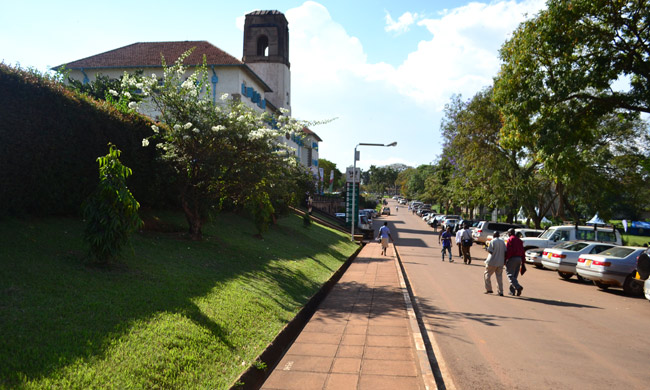

 General3 days ago
General3 days ago
 Health2 weeks ago
Health2 weeks ago
 Innovation3 days ago
Innovation3 days ago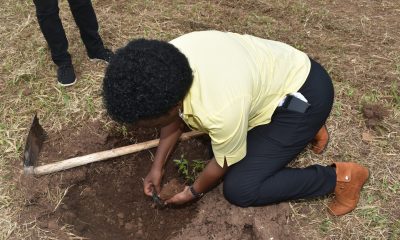
 Agriculture & Environment3 days ago
Agriculture & Environment3 days ago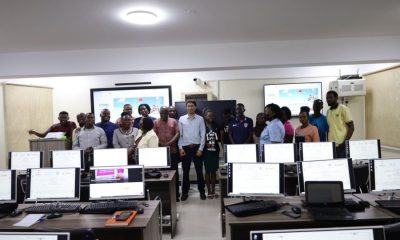
 Computing & IS4 days ago
Computing & IS4 days ago
